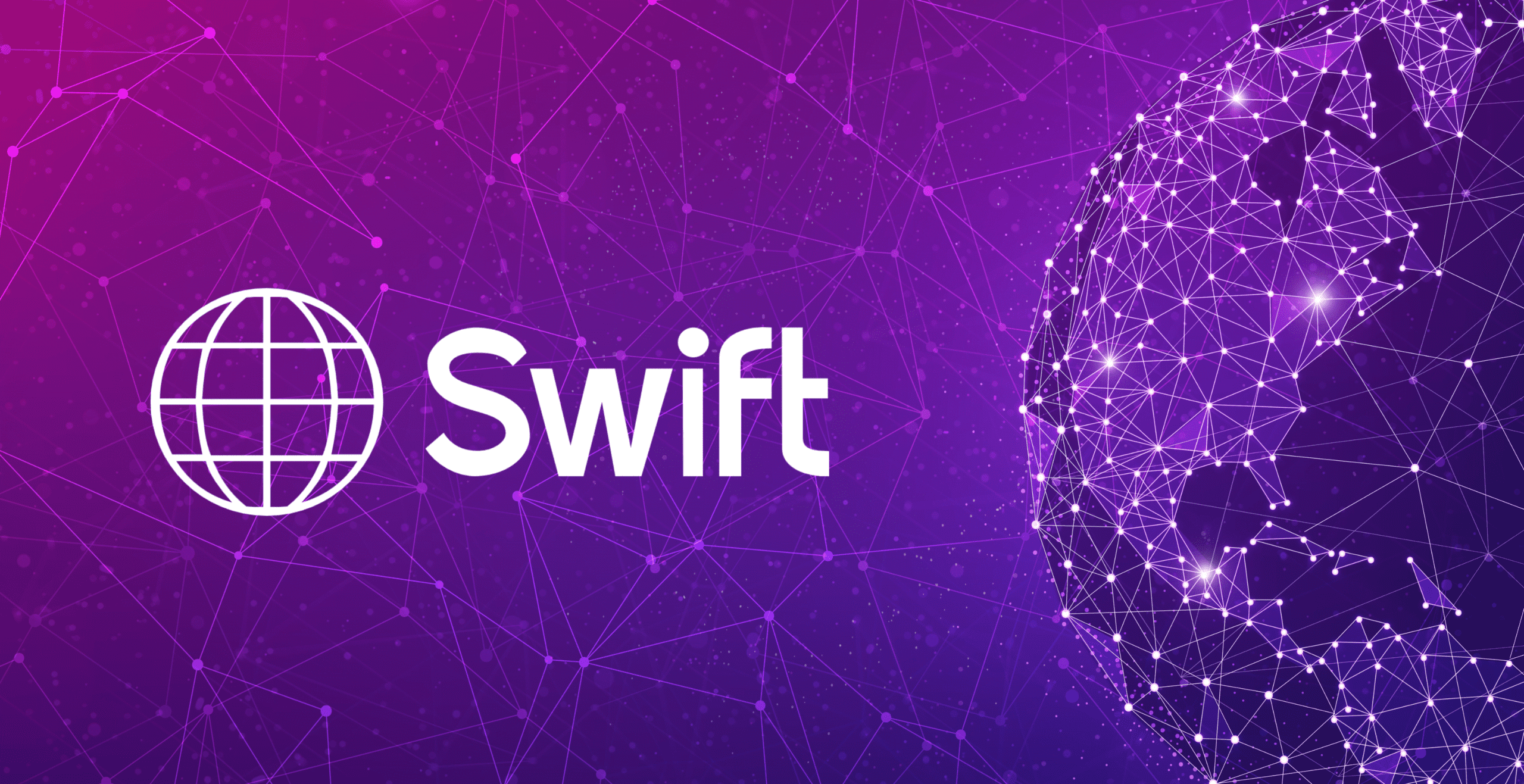Introduction
For Swift member organizations around the world, Swift announced they would be taking a phased approach in their mandated migration to the ISO 20022 global messaging standard. This migration is currently mandatory for supervised and non-supervised (SUPE and NOSU) financial institutions – corporates are not mandated to migrate at this time.
Swift indicated they would have a co-existence phase for MT and MX messages while organizations took the necessary steps to prepare for ISO 20022. With a full switchover of Swift MT message types 1, 2, and 9 to the ISO standard by November 2025, the industry is now several months into this coexistence phase.
Though we have a little over 2 years to be fully prepared for the changes to come, waiting until 2024 and 2025 to initiate preparations could prove to be a costly mistake for organizations across the globe. In this article, we explore the case for organizations to begin preparing for the ISO 20022 migration as soon as possible, if they have not already begun to do so.
The ISO 20022 Standard: A Brief Overview
As a refresher, ISO 20022 is an internationally recognized standard for financial messaging with an improved format for exchanging financial information. As global users increasingly require more and better data from their daily financial activities, ISO 20022 enables more comprehensive data sharing, enhanced automation, and improved interoperability among financial institutions. As it provides many added benefits, the migration to this new standard also impacts many important internal financial processes, and thereby requires proper attention to be executed correctly.
Additionally, with all these enhancements comes a fair deal of technical know-how, configuration, and testing, not to mention the numerous strategic discussions needed to determine the ideal ISO configuration to meet each organization’s unique requirements. These processes can take several months, or even years in some cases, which is why it is imperative for organizations to take a good look at their processes and determine how ISO 20022 will fit into their workflow as soon as possible.
Migration Specifics to Keep in Mind
1. Complexity of Migration
One of the primary reasons organizations should not delay their ISO 20022 preparations is the complexity of the migration process itself. The transition involves aligning organizations’ back-office systems with the new data formats of ISO 20022, and updating their communication protocols to fit with the new standard. Depending on an organization’s size and complexity, this process can be both time-consuming and resource-intensive. By starting early and giving their migration processes a good amount of buffer time, organizations can address challenges early, conduct comprehensive testing, and implement necessary changes gradually, reducing the risk of disruptions and delays as the deadline approaches.
2. Testing and Quality Assurance
Smooth migration to the ISO 20022 standard requires rigorous testing and quality assurance procedures. Waiting until 2025 to begin this process could leave organizations with insufficient time to identify and rectify potential issues, leading to errors, bottlenecks, operational disruptions, and costly delays. By initiating testing well in advance, organizations can identify any integration challenges, ensure accurate data translation, and fine-tune their systems ahead of the deadline to ensure a seamless transition.
3. Compliance with Swift Mandates
Swift members especially need to be wary of Swift’s mandated deadline of November 2025 for ISO 20022 operability. Organizations that wait until 2025 to prepare might find themselves struggling to meet this requirement in time, due to the numerous considerations and potential challenges that could arise, as outlined above.
Come November 2025, Swift will stop processing all messages in MT categories 1, 2, and 9. Organizations that are not ready to transact using the ISO 20022 standard will be unable to continue transmitting these critical messages, until they have successfully migrated to using their MX equivalents. A proactive approach to migration readiness ensures that organizations are well-prepared to comply with Swift guidelines and avoid disruptions to their critical business processes.
4. Strategic Advantage
A bonus for organizations that embrace the ISO 20022 migration ahead of time is a gained competitive advantage. They position themselves as forward-thinking and capable of adapting to industry changes swiftly. These organizations also allow themselves enough time to learn migration best practices and leverage them for their own greatest benefit. By enhancing their operational efficiency and data accuracy through early adoption, these organizations are better equipped to meet customer expectations, offer innovative solutions, and capture new market opportunities, earlier.
Conclusion
As Swift and the financial community continue to evolve and grow, banks and corporates sending financial messages should prioritize commencing their ISO 20022 migration activities as soon as possible. Organizations looking to begin their migration efforts should discuss with their internal teams to determine the scope required and consider whether recruiting additional help can aid in completing their migration successfully.
Axletree’s messaging and integration experts are well-equipped to help organizations determine the full scope and parameters necessary to meet Swift’s requirements. We help organizations with scope-building, implementation, testing, and quality assurance to ensure the necessary changes are working smoothly, with enough time before the deadline. To learn more about how we can help your organization migrate to ISO 20022, reach out to our team!
By embarking on the ISO 20022 migration journey sooner rather than later, organizations can navigate any migration challenges effectively and methodically, and set themselves up for greater success and clarity in their financial messaging going forward.
September 5, 2023


